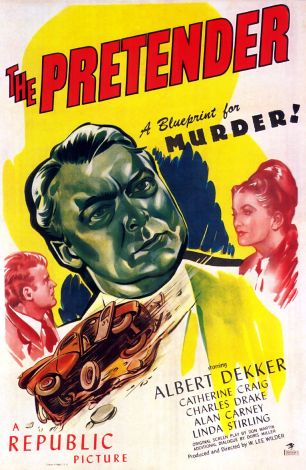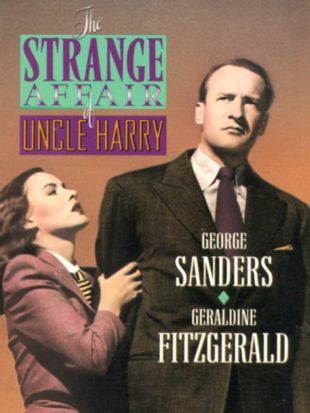Paul Dessau was a German-born composer who, like many other members of his generation of musicians, made his way to Hollywood as a result of the rise of Adolph Hitler. His post-Hollywood career, however, took a turn that was unique. Born into a Jewish family in Hamburg in 1894, Dessau showed a serious interest in music from an early age, though his initial promise on the violin -- which he started studying at age six -- was never fully realized. Instead, the fulfillment of his musical aspirations came through the piano and, later, as a conductor and composer. After an uncertain start in the latter field, he earned music awards and found sufficient work as a musician -- through appointments to various opera houses in the 1920s -- to sustain him. He embraced the twelve-tone technique of Schoenberg, Berg, and Webern during this period, and became successful in Berlin in the second half of the 1920s. Dessau's career as a film composer also dates from 1928, and over the next five years he wrote the music for various feature films, several of which -- most notably S.O.S. Iceberg -- have found release on DVD in the 21st century. He left Germany in 1933 and settled in Paris, where his film work continued; some of his later French scores were credited to him under the name "Henri Herblay." It was while living in Paris that he first manifested his sympathy to leftist political causes, which would affect his postwar career.
Dessau moved to New York in 1939, and subsequently relocated to Hollywood, where he worked for various studios, most notably Universal and Warner Bros. Director Edgar G. Ulmer, himself an expatriate from Hitler's regime, used Dessau as a composer in various productions, including The Wife of Monte Cristo and Ruthless; his music can also be heard in such thrillers of the era as The Strange Affair of Uncle Harry and The Woman in Green (both 1945); and his work also turned up in the Abbott & Costello period comedy The Naughty Nineties (and it is, indeed, funny to ponder the notion of Dessau scoring a comedy set in the 1890s south, in which tunes such as "Ma Blushin' Rosie (Rosie, You Are Ma Posie)" also turn up). In those films, as with much of his Hollywood work, the composer didn't receive any screen credit. In 1943, he also began collaborating with author Bertolt Brecht, himself a guest of Hollywood and the United States for the duration of the Nazi era. In 1946, Dessau joined the American Communist Party, and two years later bade farewell to the United States. He returned to Germany, but, in keeping with his political views, he settled in the Communist-controlled Russian zone. Oddly enough, given that it was his choice, Dessau's preferred style of composition, utilizing the twelve-tone method (which he'd had to abandon for his work in Hollywood, and with Brecht), was out-of-favor with cultural officials in East Germany, and he was often embroiled in battles with state-sponsored critics, in what amounted to a love/hate relationship between him and the government. Ironically, even as he was fighting his battles behind the Iron Curtain in the 1950s, some of the music he'd written for Universal in the 1940s was still turning up (uncredited) in that studio's features, as part of its music library, in movies such as Red Ball Express (1952) and Monster on the Campus (1958).
/_derived_jpg_q90_310x470_m0/Ruthless1948-PosterArt.jpg)

